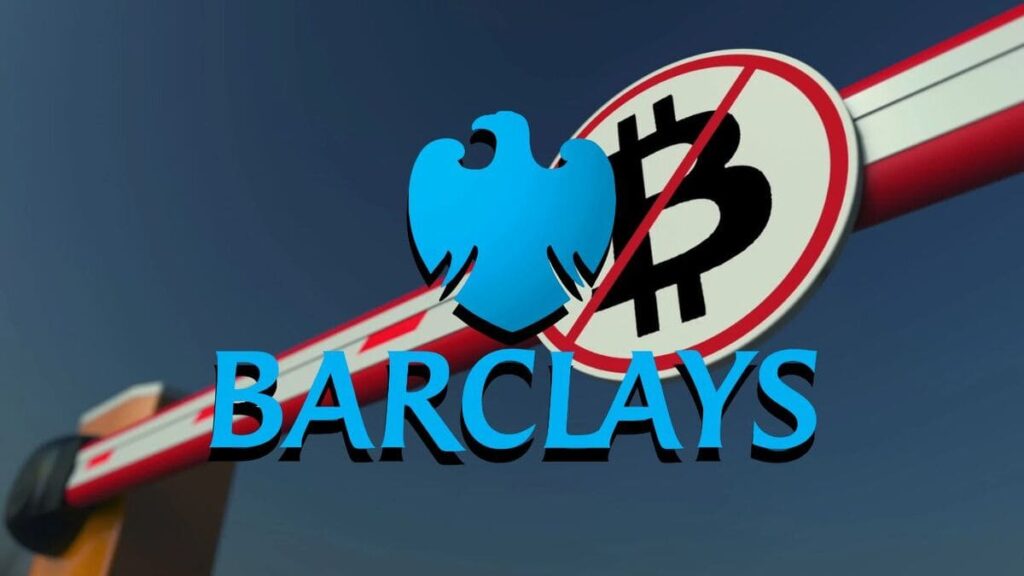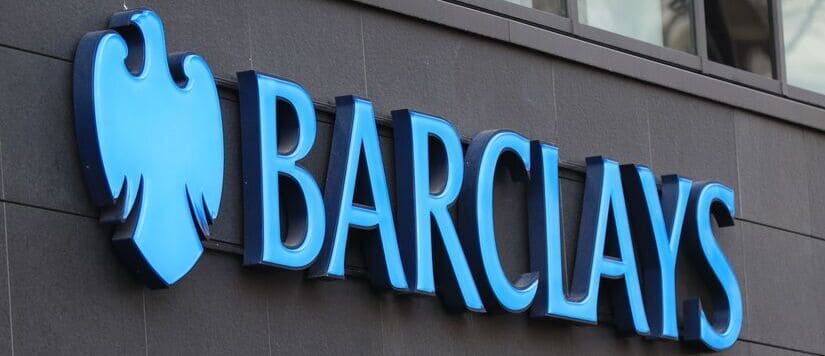TL;DR
- Barclays will block cryptocurrency purchases with credit cards starting June 27 to reduce debt risks for its customers.
- JPMorgan Chase, Lloyds Bank, and TBC Bank had already imposed similar restrictions in the UK after a surge in scams and due to the market’s high volatility.
- While banks tighten controls, Mastercard is moving forward with on-chain solutions in partnership with Chainlink to enable direct fiat-to-token conversions.
Barclays announced that, beginning June 27, 2025, it will block all cryptocurrency purchases made with credit cards issued by the bank. The decision aims to reduce financial risks for its customers, considering the extreme volatility of cryptocurrencies and the lack of regulatory protection in the event of issues with these transactions.
The British bank explained that sharp price drops in cryptocurrencies can leave users with debts that are difficult to repay. It also pointed out that crypto transactions aren’t covered by institutions like the Financial Ombudsman Service or the Financial Services Compensation Scheme, leaving customers unprotected if something goes wrong after a purchase.
Barclays and Other Banks Close Their Doors to the Crypto Industry
This policy adds to a growing trend among UK financial institutions. In 2023, JPMorgan Chase banned its British customers from buying cryptocurrencies with cards following a rise in scam reports. TBC Bank and Lloyds Bank also limited transfers to crypto exchanges and blocked similar operations. These tightened restrictions respond both to the market’s volatility and the increasing number of fraud cases linked to digital assets.
Payment Networks Move in the Opposite Direction
Despite this scenario, some payment infrastructure companies continue integrating cryptocurrency-related services. Among them is Mastercard, which recently reached an agreement with Chainlink to enable direct conversions between fiat currency and tokens on the blockchain. While banks cut off options for traditional customers, payment networks are exploring mechanisms to support the circulation of digital assets in more regulated environments.
Barclays’ stance reflects the cautious approach several British institutions have taken in response to the expansion of cryptocurrencies. Although these restrictions don’t affect bank transfers or debit card transactions, they limit the use of credit as a funding source for digital asset investments.













